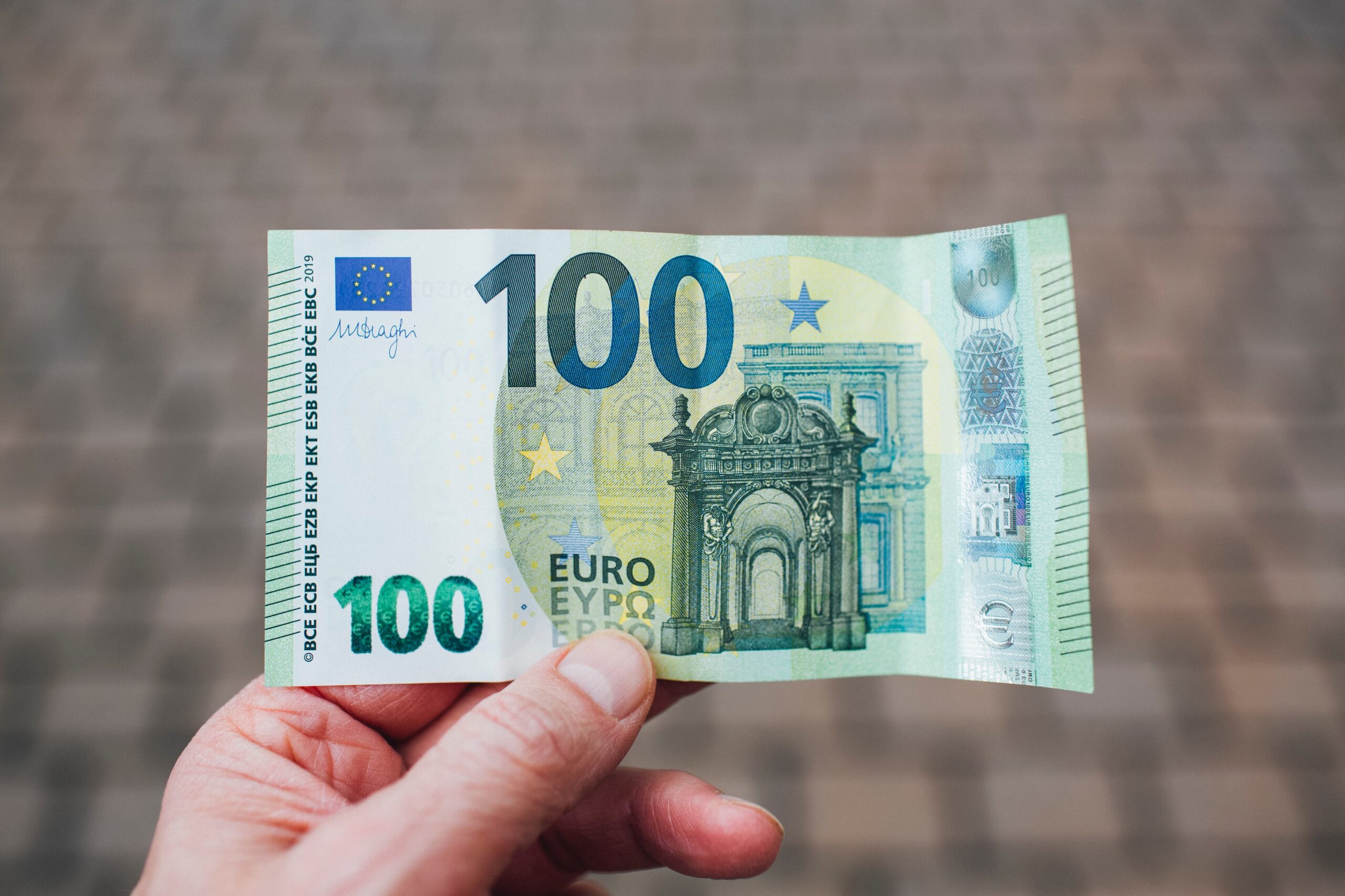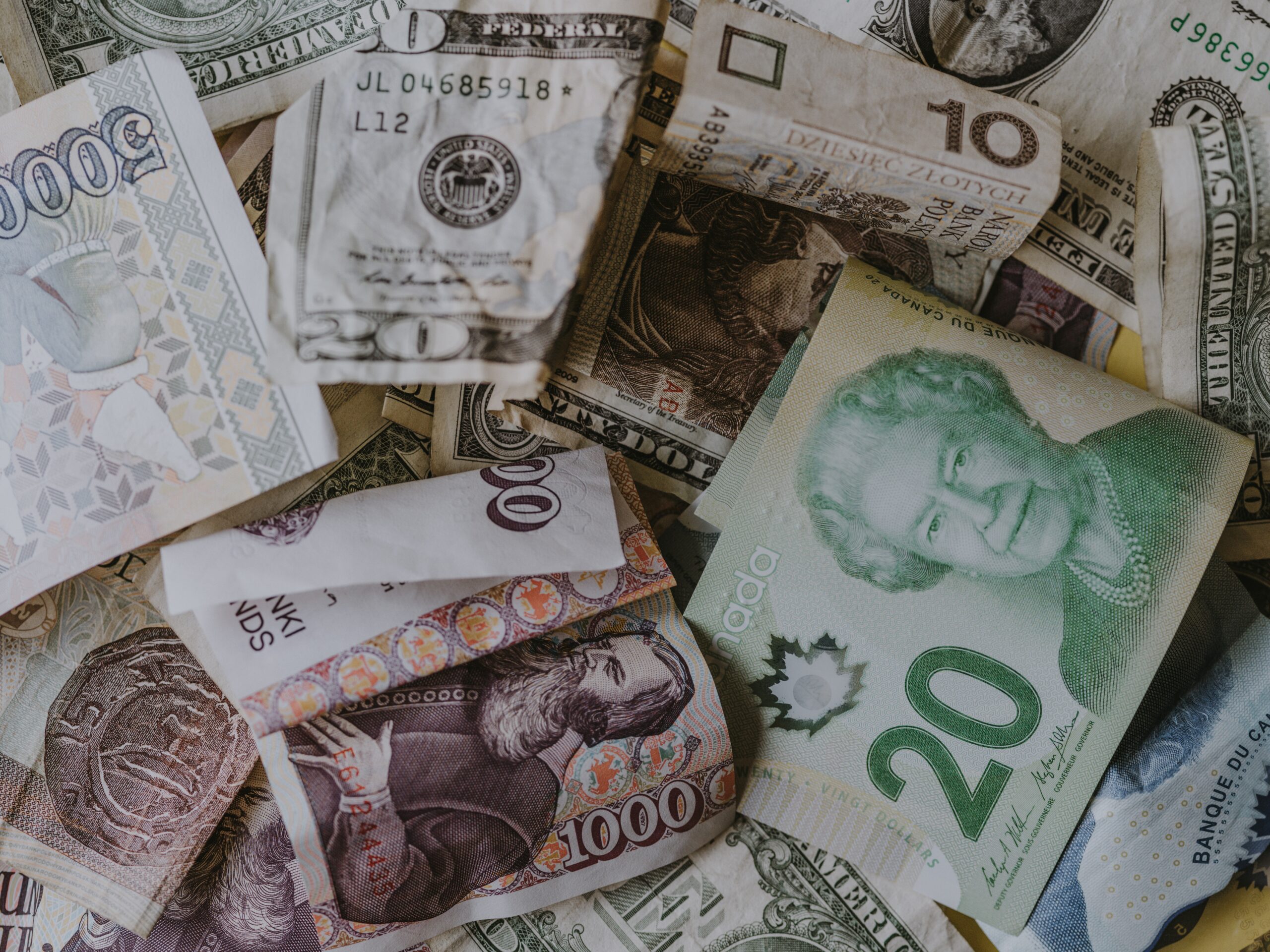As soon as you learn about money the word currency is thrown into the mix. But what is currency? Is it money? And how does it work? Well, in simple terms, currency is a medium that is used in exchange for goods and services. Essentially, another name for money. There is one market that’s synonymous with currency and that’s the forex market. Today you can conduct your forex trades using currency pairs such as EUR/USD and many others. Let’s look at the top currencies investors use to trade with.
USD
USD is an acronym for the US dollar, arguably one of the strongest currencies the world has ever seen, and it keeps getting stronger. The dollar is also the most widely used currency for international transactions, and you can use it in certain countries outside of America. The powerhouse was first circulated in the form of a coin, based on the Spanish dollar between the 16th and 19th centuries. With the development of the world at the time, the dollar’s first paper note was circulated during the American Civil War in 1861. Also known as the greenback, the dollar would in 1944 be confirmed as a currency of the world.
The dollar has been popular since its introduction to the world stage and there are three key reasons why. Even today, these reasons dictate its strength firstly, and secondly, why the currency remains attractive to investors:
- The base of all currencies: The dollar is the backbone of the global economy, as well as a reserve currency for international trade and finance. This makes sense since the currency was recently wreaking havoc across nearly all countries.
- Economic activity: Much like any other currency, USD’s value depends on economic activity. For the world and the United States.
- Market psychology: Another key factor is market psychology, including geopolitical risk, which influences the dollar’s value on the world market. People are more inclined to trust the dollar compared to other currencies.

EUR
The Euro is used by 19 Eurozone countries including Austria, Belgium, Cyprus, Estonia, Finland, France, Germany, Greece, Ireland, Italy, Latvia, Lithuania, Luxembourg, Malta, the Netherlands, Portugal, Slovakia, Slovenia, and Spain. There are countries in Europe that need to meet certain criteria before they can adopt the Euro as their specific currency, these include Bulgaria, Croatia, Czechia, Hungary, Poland, Romania, and Sweden. Then we have Denmark which has chosen to opt out of any European Union legislation. In this case, Denmark is part of the EU but chose to keep its currency. Let’s unpack why the Euro is a top pick for investors.
This currency has been around since 1999 and its popularity and trading strength have catapulted in the past two decades. A lot has to do with the trust investors have in the EU nations who use this currency. Next, we look at the benefits:
- Easy to compare: This might not be a top benefit, but it does arise often. The Euro price is easy to compare between countries which boosts competition between businesses. This in turn benefits investors and traders.
- Stability: The Euro has one of the more stable prices and is rarely rocked by massive drops and increases in prices. The European Central Bank is also committed to keeping the currency stable.
- Buy, sell, trade: The Euro is effective in giving investors, traders, businesses, and other countries peace of mind when it comes to buying, selling, and trading within the Eurozone.
- Economic view: The Eurozone is known for its stable and growing economy.
- Integration: The currency is quite integrated with the markets.
- Influence: It has a massive influence on the markets globally.

GBP
The Great British Pound is a currency with origins that can be traced back to the Roman era. If we investigate even further, it can be traced back to the Anglo-Saxon era in 775 AD. But what is it about the pound that entices investors? Let’s unpack it.
- Trade surplus and deficits: While this focus is mainly on physical trade, it does impact all markets. The UK’s position on trade surplus is high, while its deficit is low which is largely due to its robust internal economy.
- Economic growth: This ties in well with the price of GBP, since the UK’s economy is fast-growing, it often outperforms other currencies, especially the Euro and the dollar. Even with Brexit taking place, the GBP had a slight knock in price and since 2020, the economic recovery has been slow. However, the GBP remains a popular trading currency because of the trust investors have in the UK economy.
- Monetary policies: It is probably one of the best monetary policies in the world, coupled with increasing interest rates and you have a winning formula. As interest rates increase, the demand for the currency increases as well.


